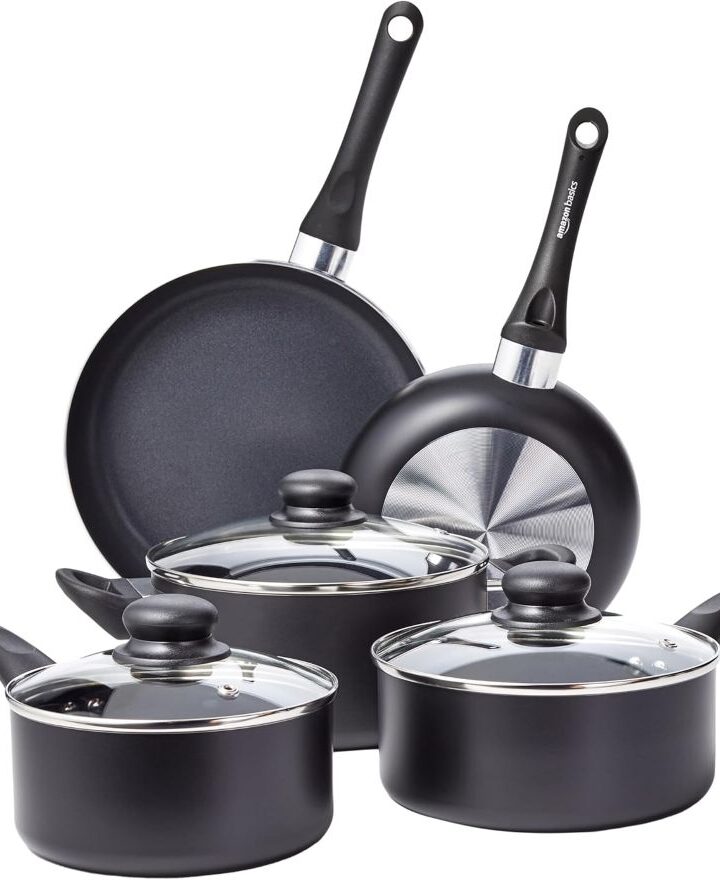The advent of smart technology has revolutionized various aspects of our lives, and home cooking is no exception. From intelligent ovens to app-controlled coffee makers, smart appliances are transforming kitchens around the globe. These appliances not only save time but also enhance the quality and consistency of meals, making cooking an exciting and accessible activity for all.
Introduction to Smart Appliances
Smart appliances are devices that connect to the internet or other devices to provide additional functionalities. Equipped with advanced sensors, AI capabilities, and integration with mobile apps, these appliances allow users to control and monitor cooking processes remotely. Let’s explore how these innovative tools are reshaping home cooking.
Benefits of Smart Appliances in the Kitchen
1. Convenience
Smart appliances simplify the cooking process. For instance, smart ovens can preheat themselves and suggest optimal temperatures for different recipes. Meanwhile, voice-controlled devices enable hands-free operation, letting you multitask with ease.
2. Time-Saving
Time is precious, and smart appliances help save it. Pressure cookers with pre-programmed settings and robotic sous-vide machines ensure meals are cooked to perfection without constant supervision.
3. Improved Cooking Precision
With precise temperature controls and automated cooking functions, smart appliances reduce the risk of undercooking or overcooking. Smart thermometers and scales further enhance accuracy, particularly for complex recipes.
4. Energy Efficiency
Many smart appliances are designed to be energy-efficient. For example, they optimize cooking durations and temperatures, reducing electricity or gas consumption. Some even provide real-time feedback on energy usage.
5. Enhanced Safety
Safety is a key feature of smart kitchen appliances. Many include auto shut-off capabilities, fire alerts, and even child-lock mechanisms to prevent accidents.
Types of Smart Appliances Transforming Home Cooking
1. Smart Ovens
Smart ovens offer functionalities like self-cleaning, multi-step cooking programs, and remote monitoring. Some can even scan barcodes on packaged foods to set the appropriate cooking time and temperature automatically.
2. Smart Refrigerators
These refrigerators come with internal cameras, voice assistants, and inventory tracking. They can notify you about expired items and suggest recipes based on available ingredients.
3. Smart Coffee Makers
Coffee enthusiasts can now brew the perfect cup with smart coffee makers. These devices let you set brewing schedules, customize strength, and even integrate with smart home ecosystems like Alexa or Google Assistant.
4. Multi-Cookers
Smart multi-cookers combine pressure cooking, slow cooking, steaming, and sautéing in one device. With app connectivity, you can monitor and control cooking remotely.
5. Robotic Kitchen Assistants
Robotic kitchen assistants are designed to handle repetitive tasks like chopping, stirring, or even assembling dishes. Advanced models can follow recipes step-by-step, taking the guesswork out of cooking.
Challenges and Considerations
While smart appliances offer numerous benefits, they come with challenges:
1. Cost
Smart appliances are often more expensive than their traditional counterparts. However, their efficiency and convenience may justify the investment over time.
2. Learning Curve
Adapting to new technology can be daunting for some users. Manufacturers are addressing this issue by designing intuitive interfaces and offering detailed tutorials.
3. Dependence on Connectivity
These devices rely heavily on internet connectivity. A network outage could render some features unusable.
4. Data Privacy
Since smart appliances collect and share data, users need to consider the privacy implications. Choosing reputable brands with robust data protection policies is crucial.
How Smart Appliances Promote Healthy Eating
Smart appliances encourage healthier cooking habits. For example:
- Smart Blenders: Create nutrient-rich smoothies with ease.
- Air Fryers: Provide crispy textures with minimal oil.
- Smart Scales: Measure portion sizes accurately, promoting mindful eating.
- Recipe Apps: Suggest healthier meal options and provide nutritional information.
The Future of Smart Appliances in Home Cooking
As technology evolves, the capabilities of smart appliances will continue to expand. Future innovations might include:
- AI-Powered Recipe Generators: Suggest meals based on your taste preferences and dietary needs.
- Voice-Activated Full Kitchen Systems: Allow seamless control over multiple appliances simultaneously.
- Enhanced Sustainability Features: Focus on reducing food waste and energy consumption.
- Integration with Wearable Tech: Sync with fitness trackers to create meals aligned with health goals.
Conclusion
Smart appliances are revolutionizing the way we approach home cooking. They bring convenience, precision, and efficiency, making it easier to prepare delicious and nutritious meals. Despite some challenges, their potential to transform kitchens into hubs of innovation and health-conscious cooking is undeniable. As more people embrace this technology, the future of home cooking looks smarter and more exciting than ever
